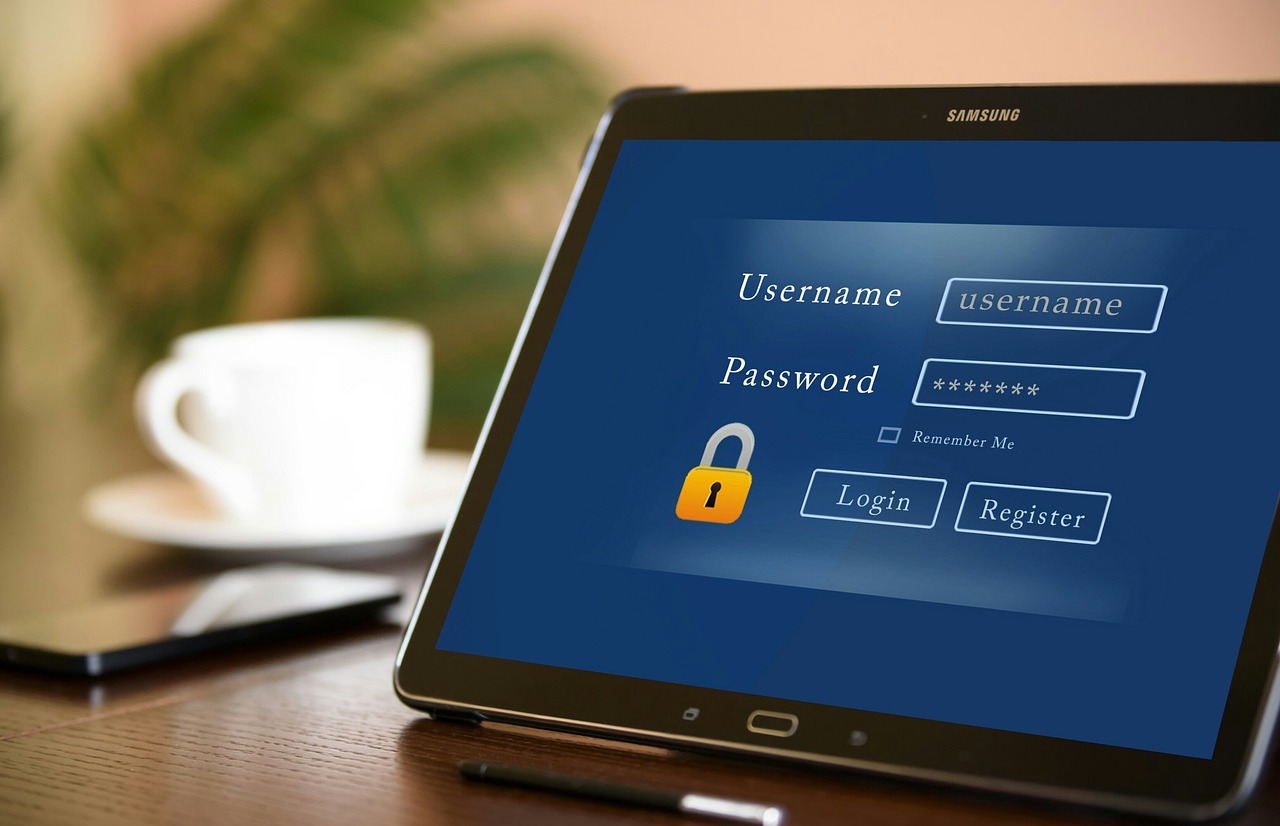Students across America are struggling with science education, often feeling overwhelmed by complex concepts and rigid classroom structures. Traditional teaching methods don’t always spark curiosity or build the confidence needed for scientific thinking.
Parents watch their children memorize facts without truly understanding how science works in the real world. This disconnect creates a cycle where students become passive learners rather than active problem-solvers. However, a transformative educational approach is changing this narrative entirely, empowering students to take control of their scientific journey.
Self-Directed Learning in Virtual Environments
Understanding how our brains adapt to digital learning provides crucial insights into why virtual platforms excel at building student independence. The percentage of students reading on grade level rose from just 16% in the fall to about 50% by spring, demonstrating the remarkable potential of personalized online instruction.
Digital Learning Pathways
Our brains possess an incredible ability to rewire themselves based on learning experiences. When students engage with online science tutoring, they’re creating new neural pathways that strengthen their capacity for self-directed learning. Digital environments offer unique stimuli that traditional classrooms can’t match.
Virtual platforms present information through multiple channels simultaneously visual, auditory, and interactive elements work together. This multi-sensory approach helps students develop stronger cognitive connections and builds their confidence to explore scientific concepts independently.
Metacognitive Development Through Screen-Based Interactions
Screen-based learning environments naturally encourage students to think about their thinking. Real-time feedback loops help young learners recognize when they’re struggling and adjust their approach accordingly. This self-awareness becomes the foundation for independent learning in science subjects.
Students learn to monitor their understanding, identify knowledge gaps, and seek appropriate resources. These metacognitive skills transfer beyond the tutoring session, creating lifelong learners who can tackle complex scientific problems with confidence.
With the growing demand for online science tutoring established, understanding the neurological foundations behind why virtual learning environments excel at fostering independence becomes crucial for maximizing these educational investments.
Core Mechanisms That Build Learning Independence
Now that we’ve explored how the brain adapts to digital learning environments, let’s examine the specific operational mechanisms that online science tutoring platforms use to systematically build student autonomy and self-direction.
Personalized Pacing Control Systems
Students gain unprecedented control over their learning rhythm through adaptive technology. Unlike traditional classrooms, where everyone moves at the same speed, virtual platforms allow learners to spend extra time on challenging concepts while accelerating through material they’ve mastered.
This flexibility builds confidence because students aren’t constantly worried about falling behind or being held back. They develop internal motivation to progress at their optimal pace, fostering the self-regulation skills essential for independent scientific thinking.
Interactive Problem-Solving Frameworks
Virtual laboratory simulations transform abstract concepts into hands-on experiences. Students can conduct experiments, test hypotheses, and observe results without the constraints of physical lab limitations or safety concerns.
These interactive elements encourage exploration and discovery. When students can manipulate variables and see immediate results, they develop an intuitive understanding of scientific principles. This experiential learning builds the confidence needed for independent research and experimentation.
Real-Time Performance Analytics
Digital platforms provide instant feedback that helps students understand their progress. Unlike waiting for test results, learners receive immediate insights into their strengths and areas needing improvement.
This constant feedback loop teaches students to self-assess and adjust their learning strategies. They become active participants in their education rather than passive recipients of instruction, developing the analytical skills crucial for scientific independence.
While these core mechanisms provide the foundation for independent learning, cutting-edge technology integrations are revolutionizing how students engage with scientific concepts and take ownership of their educational journey.
Technology-Enhanced Independent Learning Strategies
Beyond technological enhancements, the true measure of educational independence lies in developing robust critical thinking capabilities skills that online science tutoring uniquely positions students to master through specialized digital methodologies.
AI-Powered Learning Path Customization
Artificial intelligence algorithms analyze individual learning patterns and adapt content accordingly. These systems identify knowledge gaps and suggest targeted resources, helping students understand where to focus their independent study efforts.
Machine learning technology creates personalized educational journeys that evolve with each student’s progress. This customization builds confidence because learners always work at an appropriate challenge level, neither overwhelmed nor bored.
Virtual Reality Laboratory Experiences
Immersive technology allows students to explore dangerous or expensive scientific procedures safely. They can observe chemical reactions, explore molecular structures, or journey through the human body without physical limitations.
These VR experiences spark curiosity and encourage independent exploration. Students often continue investigating topics beyond their assigned work, developing the intrinsic motivation essential for scientific discovery.
Collaborative Online Science Communities
Digital platforms connect students with peers worldwide, creating global learning networks. These communities provide opportunities for collaborative problem-solving and peer-to-peer teaching, both crucial for developing independence.
Students learn to communicate scientific ideas effectively and seek help when needed. These social skills complement individual learning abilities, creating well-rounded, independent learners who can work both alone and with others.
Building Critical Thinking Skills Through Online Science Tutoring
As students develop these critical thinking competencies, science tutoring delivered online simultaneously dismantles the traditional educational barriers that have historically limited access to quality science education and independent learning opportunities.
Socratic Questioning Techniques in Virtual Settings
Online tutors use structured questioning methods that guide students to discover answers independently. Rather than providing direct answers, they ask probing questions that encourage deeper thinking and self-reflection.
This approach builds analytical skills as students learn to examine problems from multiple angles. They develop the ability to question assumptions and seek evidence, fundamental skills for independent scientific inquiry.
Evidence-Based Reasoning Development
Digital platforms integrate research skills training with science content. Students learn to evaluate sources, analyze data, and draw logical conclusions. These skills are essential for independent learning in any scientific field.
The benefits of online tutoring become apparent as students develop information literacy alongside subject knowledge. They learn to distinguish reliable sources from unreliable ones, a crucial skill in today’s information-rich environment.
Hypothesis Formation and Testing Protocols
Virtual tutoring for science provides structured frameworks for scientific thinking. Students learn to formulate testable hypotheses, design experiments, and analyze results systematically.
This methodical approach to problem-solving transfers to all areas of learning. Students become comfortable with uncertainty and develop persistence in seeking answers, qualities essential for independent scientific work.
Overcoming Traditional Learning Barriers
With barriers removed and critical thinking skills developing, the next logical question becomes: how do we accurately measure and track the progression of independent learning behaviors to ensure our online tutoring investments are delivering measurable results?
Geographic Limitations Elimination
Online platforms connect students with specialized science tutors regardless of location. Rural students can access the same quality instruction as their urban counterparts, eliminating geographic disadvantages that previously limited educational opportunities.
This accessibility ensures that all students can develop independence skills regardless of where they live. The online education advantages include exposure to diverse teaching styles and scientific perspectives from tutors worldwide.
Learning Style Accommodation Excellence
63.1% strongly agreed that the online learning platform effectively delivers medical course content, with a mean value of user learning experience of the online learning platform as 4.15. Digital platforms accommodate visual, auditory, and kinesthetic learners through multimedia presentations and interactive tools.
This flexibility helps all students find their optimal learning approach. When students discover how they learn best, they become more confident and independent in their educational pursuits.
Flexible Scheduling for Deep Learning
Online tutoring accommodates different chronotypes and family schedules. Some students learn best in the morning, while others prefer evening sessions. This flexibility allows for optimal cognitive performance and deeper understanding.
Students learn to manage their time effectively and take responsibility for their learning schedule. These self-management skills are crucial for independent scientific work and lifelong learning.
Measuring Independence Development Success
Understanding success metrics provides the framework for evaluation, but achieving these outcomes requires selecting the right technological tools and platforms specifically designed to maximize independent learning potential.
Quantitative Assessment Metrics
Digital platforms track various independence indicators, including self-initiated study sessions, problem-solving attempt frequency, and time spent on challenging concepts. These metrics provide objective evidence of growing autonomy.
Regular assessment helps students see their progress and motivates continued independence. When learners can visualize their growth, they’re more likely to take ownership of their educational journey.
Qualitative Growth Indicators
Confidence surveys and self-reflection exercises help measure less tangible aspects of independence. Students report increased willingness to tackle difficult problems and improved persistence when facing challenges.
These qualitative measures complement quantitative data, providing a complete picture of student development. They help tutors adjust their approaches to better support independent learning goals.
Common Questions About Online Science Tutoring and Independence
-
What age is best for starting online science tutoring to build independence?
Students as young as 8 can benefit from structured online programs, though optimal independence development typically begins around age 10-12.
-
How long does it take to see independence improvements?
Most students show measurable independence gains within 6-8 weeks of consistent online tutoring sessions and practice.
-
Can online tutoring completely replace traditional classroom science instruction?
Online tutoring works best as a complement to classroom learning, enhancing rather than replacing traditional instruction methods.


